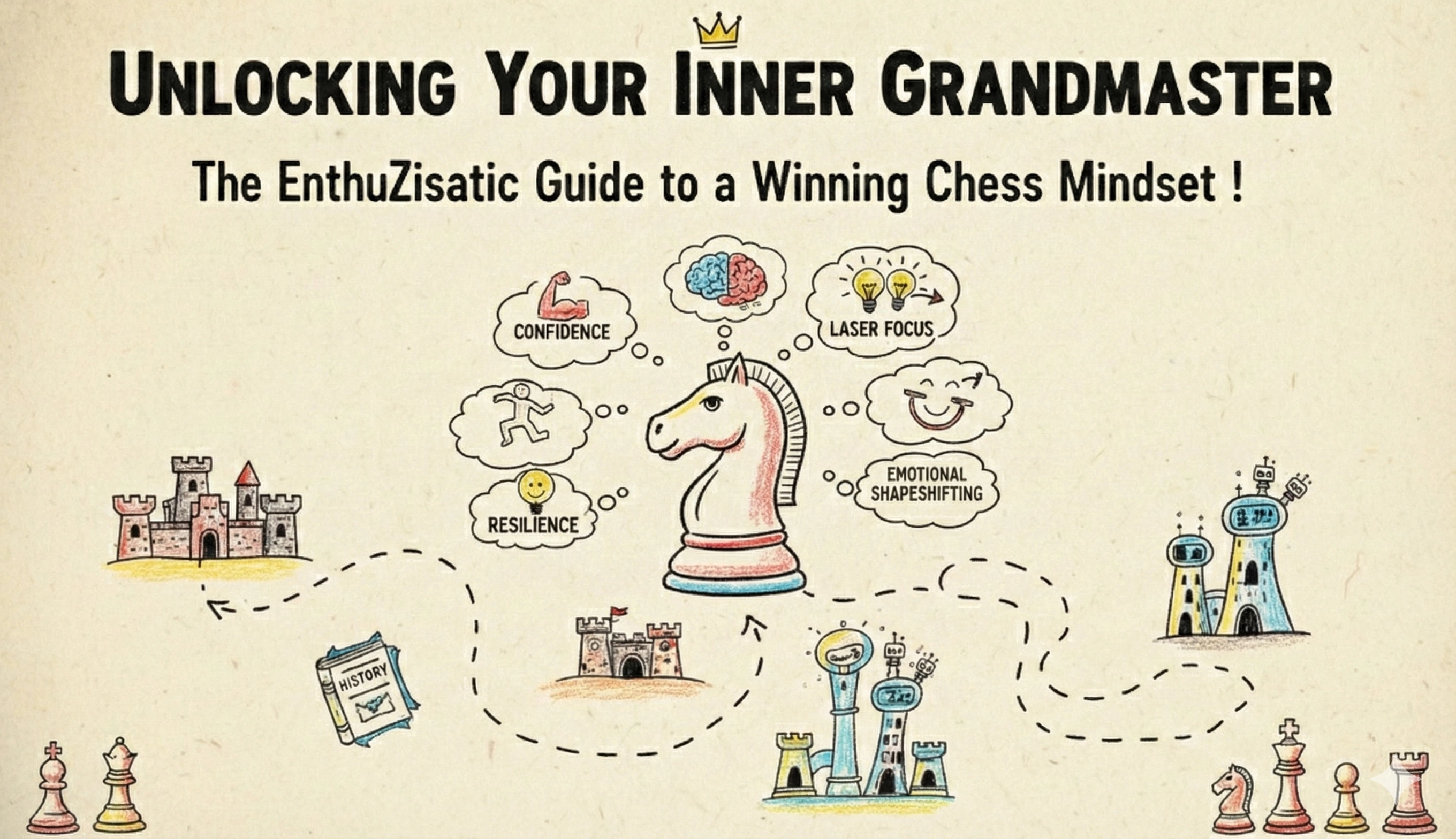In the globalized era, the world is moving towards bilingualism or multilingualism. And with that arises the debate on whether you can forget your native language.
Linguistics have to say a lot on this. Some agree that one can forget their native language, while some disagree. Let's look at the reasons research has brought to us on this topic.
Can You Forget Your Native Language?
Most likely, Yes. There are many reasons one can forget their native language. Let's see them one by one.
Why You Forget Your Native Language
1. Change in Rational Language
When it comes to 'expert advice,' only your brain's voice can be considered one. We talk in our minds most of the time.
When you learn a new language and the exposure to that language increases, you start to rationalize in the new language. This change in rational language makes the native language foreign.
2. Change in communicative language Meet John.
John was born in Mexico but grew up in Melbourne, Australia. Since he moved away from his birthplace at a very young age, he has no memory of his native tongue Spanish.
Living in an English-speaking environment shaped his communication completely. Over time, English replaced his first language, making his mother tongue feel foreign to him.
3. New Language Brings a Change in Accent
If you are learning a foreign language and delving deeper into it, you will master it. Mastering a new language means embracing new vocabulary, linguistic systems, and accents. Change of accent distances from your own language.
4. New language replaces
Vocabulary of the native language Indeed, a new language boosts your vocabulary and replaces it as well. For example, while learning Spanish, you will learn 'pronto' means 'hurry up' in English.
At the same time, 'prosperity' (an English word) will be replaced by 'bonanza,' a Spanish language. Gradual replacement of words erases the native language from memory.

Forgetting the native language is not a long-standing fact. There are a few reasons why it is not. Keep reading to demystify the reasons.
Why Forgetting Native Language Is Not Possible
1. Native Language
Is the first language Learning language is one of our instinctual skills. The human brain does not forget such skills. Moving from one country to other changes the environment and community.
Yet as the native language is the first learned language, it remains in our memory. The brain puts it in a box and keeps it on a high shelf.

2. Foreign Language
Sharpens the brain Learning a foreign language is beneficial. It sharpens the brain. The brain learns to adapt to multiple linguistic systems. Thus, it is evident one can remember the native language as well as master a new one.

3. Brain Can Recall It Anytime
With the change of communication medium, the brain slides the knowledge of the native language down memory lane. But it can recall anytime the vocabulary and grammatical system if required. Reflecting the pattern of a language is easier for a native speaker than for a foreigner.

Does language attrition mean 'zero memory of native language'?
Language attrition means the process of losing a native or first language. Neuroscience has conducted various research on the topic. According to research, this varies from one person to another.
If someone is moved from his native place before age 5, he will have 'zero memory' of his native language. For teenagers, it is hard to say, as some can distinguish between sentences of different languages, whereas others cannot.
In short, this depends on an individual's mental pattern, age, and exposure. Can I keep my native language intact? The answer to the question is a big YES. You can certainly keep your native language intact. You need to follow a few steps for that.
1. Communicate in Your First Tongue
If you want to keep the memory of your first language intact, start communicating. Speak as much as possible to yourself, your family, and your friends. Remember, the first language is the language of emotion. Hence, express your thoughts in your mother tongue whenever you can.
2. Watch Movies in the First Language
You can watch movies on TV and YouTube in your native language. The audio-video effect of the language can help your brain to preserve it better. For learning any language, this is one of the most excellent ways.
3. Listen to Audio
Sources During your leisure time, you can listen to some of your favorite music in your mother tongue. In the digital era, such exposure is quite affordable. You can opt for podcasts too.
4. Read Books in Your Mother Tongue
Take an interest in the language. You can learn from scratch. Find some well-known and easily available books and start reading. At the end of the reading, you will surely be enriched in your target language.
5. Socialize with Native Speakers
One of the most effective ways to learn or preserve language is to make friends and socialize with native speakers. You can learn the usage, pronunciation, and vocabulary, and they can help you to address your doubts.
Conclusion
Language is the primary means of communication. Language connects an individual to a community. Therefore, the first language is essential for all.
But foreign language learning is equally necessary and beneficial. One should not hinder the other. So, buckle up and go the extra mile. You can take help from experts and master any language you want.
FAQs
1. Can you remember a language you forgot?
According to research, your brain remembers a language you think you forgot, in bits and pieces. Un-dusting the memory of the language can quickly bring back knowledge.
2. How common is it to forget your native language?
Complete language attrition is expected in 5-9 years old children if they are removed from their birthplace. But the scenario is different for adults. The complete disappearance of native language in adults is doubtful to happen.
3. Is it possible to forget your native language?
Yes. In certain circumstances, such as moving to a foreign country at a very young age, years of distance from the native language lead it to become strange.
4. What is the best way to remember your native language?
Create a relearning schedule and immerse into the target language – these are excellent ways to remember the native language.






Comments